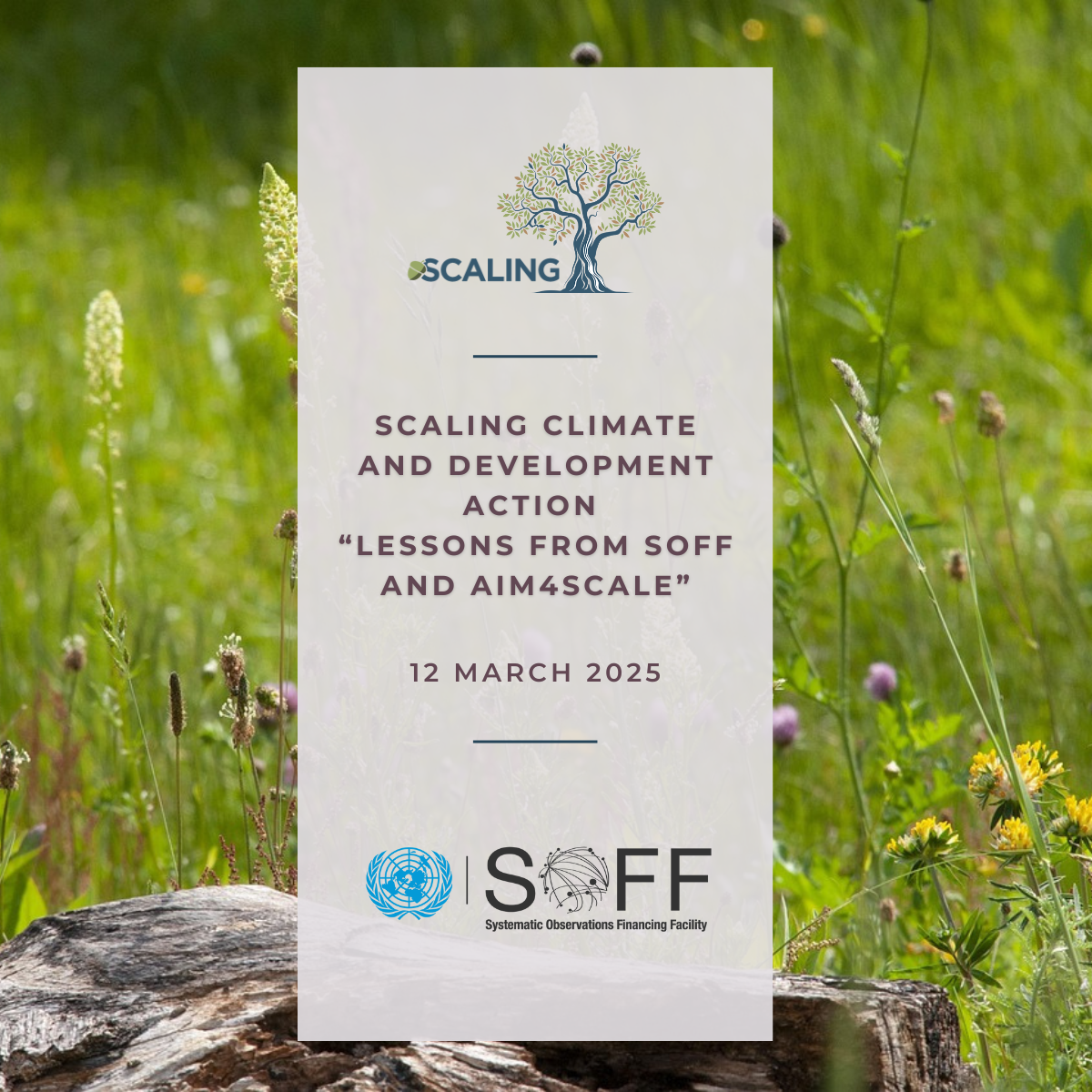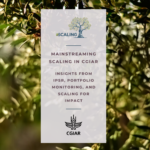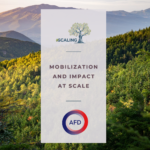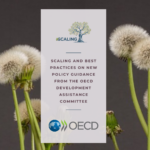 |
|
| Matthew Eldridge
Matthew Eldridge is a Senior Program Officer in the Development Policy and Finance team at the Bill & Melinda Gates Foundation. He focuses primarily on climate finance and policy, including the macroeconomic implications of climate change for developing countries. Prior to joining the foundation, Matt worked at the Urban Institute, a nonprofit research organization, researching and providing technical assistance on results-based financing approaches. Before that, he consulted on US banking and asset management regulation and held roles at the World Bank, working on aid effectiveness as well as the Bank’s Central Asia portfolio. He holds a BA from Virginia Tech and an MSc from LSE
|
|
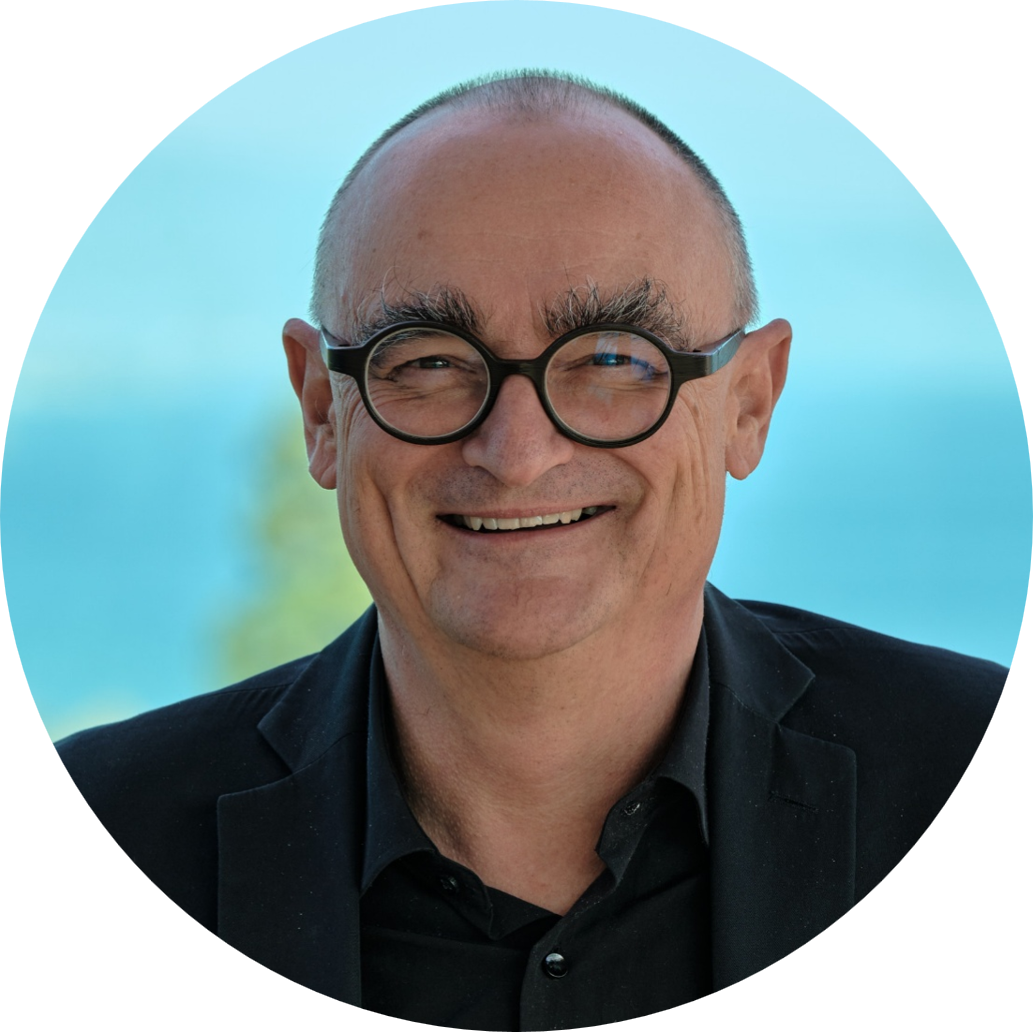 |
|
| Markus Repnik
Markus Repnik is an international development and climate finance executive with 30+ years of experience gained with the United Nations, World Bank Group, Austrian Government, and private sector, including 15+ years field experience in developing and transition countries. Since 2022 he is Director of the Systematic Observations Financing Facility (SOFF) Secretariat. SOFF is a new specialized UN climate fund to close today’s major basic weather and climate data gaps, in particular in Small Island Developing States and Least Developed Countries.
Previously he served as Director of Development Partnerships at the World Meteorological Organization (WMO) where he spearheaded the creation of the Alliance for Hydromet Development. The Alliance brings together major international development and climate finance institutions to unite efforts on high-quality weather forecasts, early warning systems, and climate information as the foundation for resilient and sustainable development.
Prior to joining WMO Mr. Repnik was Managing Director of the Global Mechanism, the operational arm of the United Nations Convention to Combat Desertification (UNCCD). His team shaped operationalization of the SDG target on Land Degradation Neutrality (LDN). He co-led the development of the LDN Fund, the first privately managed public-private investment fund dedicated to an SDG target and measuring the SDG contributions of the fund’s investments.
Mr. Repnik worked 15 years at the World Bank Group, including 10 years as a manager. He was responsible for the Bank’s engagement with several African and European countries. As manager of the Bank Group’s Climate Policy Team he led the development of the Bank’s approach to integrate climate and disaster risk management in all Bank operations.
Mr. Repnik holds a Master of Economics and Social Sciences and completed several executive development programs, including at Harvard Business School and Cambridge University.
|
|
|

|
|
| Paul Winters
Paul Winters is the Keough-Hesburgh Professor of Sustainable Development and Associate Dean of Academic Affairs in the University of Notre Dame’s Keough School of Global Affairs. Currently, he is the Executive Director of the Secretariat of the Agricultural Innovation Mechanism for Scale (AIM for Scale). His research and teaching focus on rural poverty, food insecurity and climate change and the evaluation of policies and programs designed to address these issues. Prior to joining Notre Dame, he worked at the International Fund for Agricultural Development, American University in Washington, DC, the Inter-American Development Bank, the University of New England in Australia, and the International Potato Center in Lima, Peru. He holds a PhD in Agricultural and Resource Economics from the University of California at Berkeley.
|
|
|
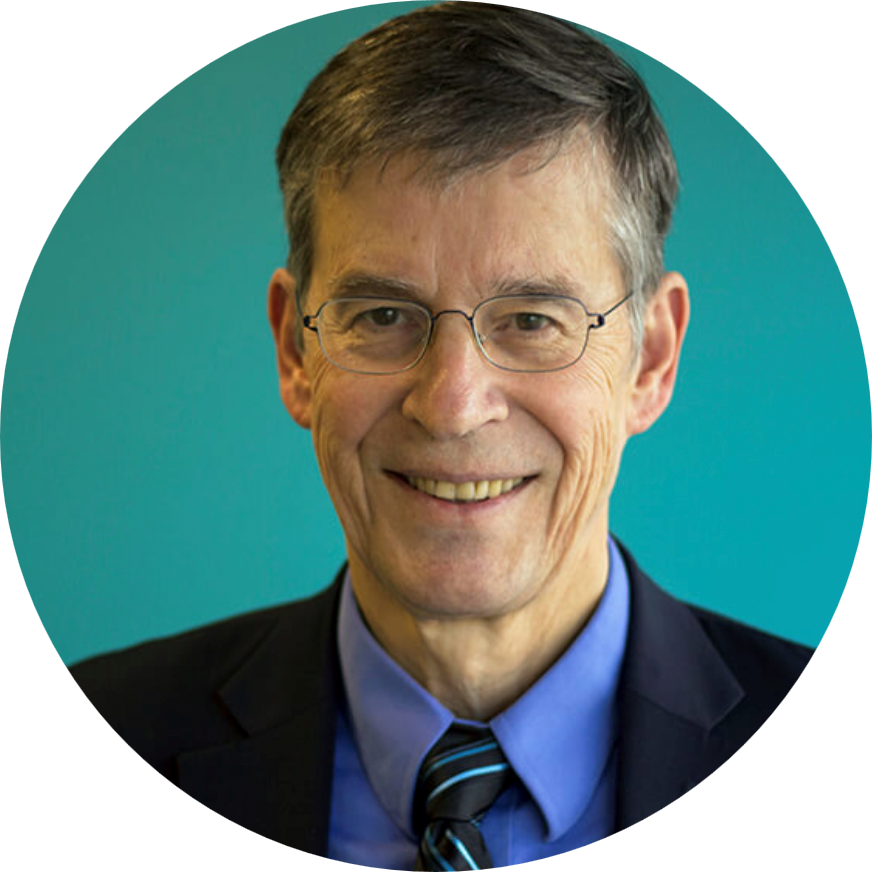 |
|
| Johannes Linn
Johannes F. Linn is a Non-resident Senior Fellow at the Brookings Institution, a Distinguished Resident Scholar at the Emerging Markets Forum in Washington, D.C., a Senior Fellow at the Results for Development Institute and a Senior Research Fellow at the International Initiative for Impact Evaluation. He is co-founder and co-chair of the international Scaling Community of Practice. He currently serves as Global Facilitator for the Systematic Observation Financing Facility (SOFF) of the World Meteorological Organization (WMO). From 2005-2010 he was Director of the Wolfensohn Center for Development at the Brookings Institution in Washington, DC. Before that, he worked for three decades at the World Bank, including as Vice President for Financial Policy and Resource Mobilization and as Vice President for Europe and Central Asia. He holds a bachelor degree from Oxford University and a doctorate in economics from Cornell University. |
|
|

|
|
| Laura Tuck
Laura Tuck has over 40 years of experience working on Sustainable Development issues in developing countries, including 33 years for the World Bank, with the last two decades in senior management. Her focus has always been to deliver on development needs while ensuring resource and social sustainability. Ms. Tuck retired from the World Bank in April 2020. Since then, she has acted as a Global Facilitator for the Systematic Observations Financing Facility (SOFF) and as a consultant to various organizations on climate change issues. At the time of her retirement from the World Bank, she was the Vice President for Sustainable Development, a position she had held from July 2015-March 2020. In that role, she was responsible globally for all World Bank lending, technical assistance, sector policy and dialogue, and analytics in the areas of Food and Agriculture; Water, Land, Environment and Natural Resources; Disaster Risk Management, Urban and Social Development, and Climate Change. In addition, from 2015-2018, she had responsibility for Energy and Extractives, Infrastructure Finance, Public Private Partnerships and Guarantees, and Transport and Digital Development. She was responsible for annual project lending of $25 billion, a portfolio of $150 billion and a staff of 2000+. Prior to that, Ms. Tuck was the Regional Vice President for Europe and Central Asia (ECA) from September 2013-June 2015, Director for Strategy and Operations in both ECA (2013) and the Middle East and North Africa (MNA) (2011-2013) and the Director for Sustainable Development in Latin America and the Caribbean (2006-2011) and in ECA (2003-2011). Ms. Tuck joined the World Bank in 1987 as a Young Professional, and worked initially as an Economist in MNA and, later, in the ECA Region, as a Lead Economist in the Chief Economist’s Office and then as Sector Manager for Agriculture and Rural Development. Before joining the World Bank, Ms. Tuck worked for several consulting firms in the area of agricultural policy, food policy, and food needs assessments and before that for Princeton University as part of a university research project. She lived and worked in Africa off and on between 1980 and 1987. She is married and has two grown children and three grandchildren.
|
|
|
|

